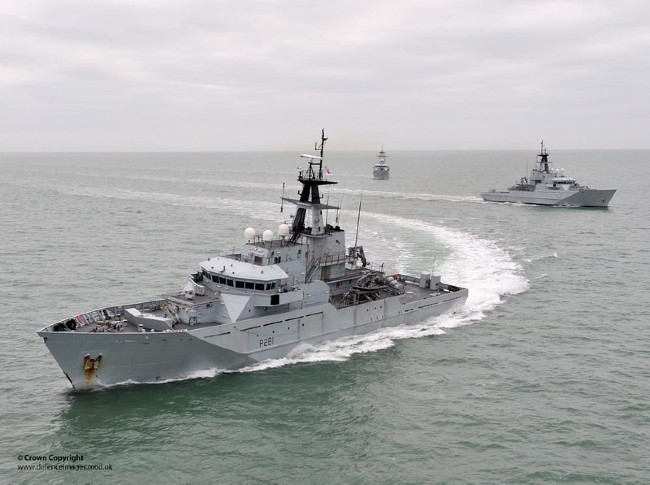SafeSeas Director Tim Edmunds and research associate Scott Edwards have produced a Policy Report based on the ideas discussed at the recent SafeSea’s event ‘Securing Britain’s Seas‘.

The UK faces three critical challenges in this area: first, the need to respond effectively to a complex security environment, with important transnational dimensions; second the need to address the current patchiness of capacity amongst different geographic spaces and regions; and finally, the need to address problems of fragmentation and compartmentalisation between the multiple departments and agencies tasked with delivering UK maritime security. These challenges are likely to intensify in consequence of the Brexit process, when key collective EU maritime governance arrangements will either cease to apply or be subject to transformative revision.
The University of Bristol and the SafeSeas network held an IdeasLab on maritime security in Bristol on 28 February 2020 to identify responses and priorities for policy and research. Participants from all major UK maritime security agencies attended, as did academics representing disciplines ranging from international law to security studies. This Policy Report summarises the findings of the IdeasLab and outlines key policy implications for UK government and other maritime stakeholders.
The full report can be found here as a PDF:
https://www.safeseas.net/wp-content/uploads/2020/03/SafeSeas-report_v52.pdf
Or here as a webpage:

1 thought on “Delivering Maritime Security after Brexit: time for a joined-up approach”